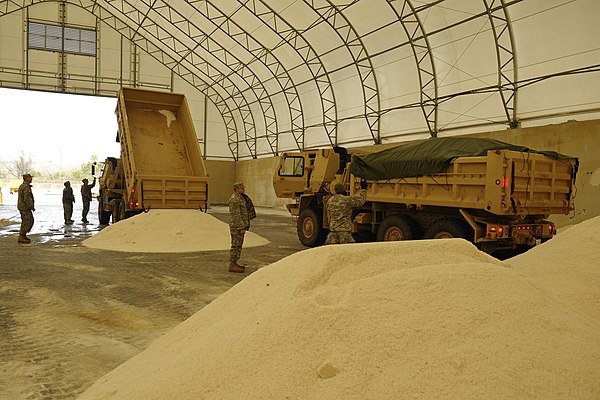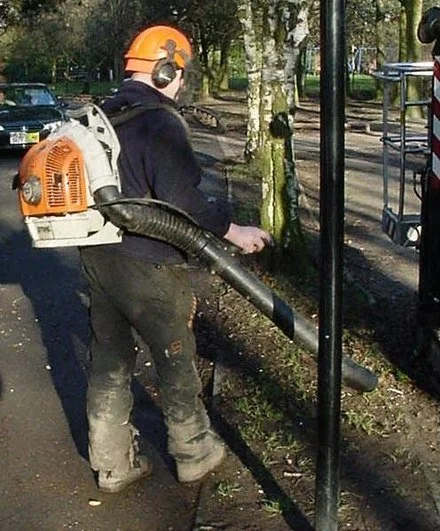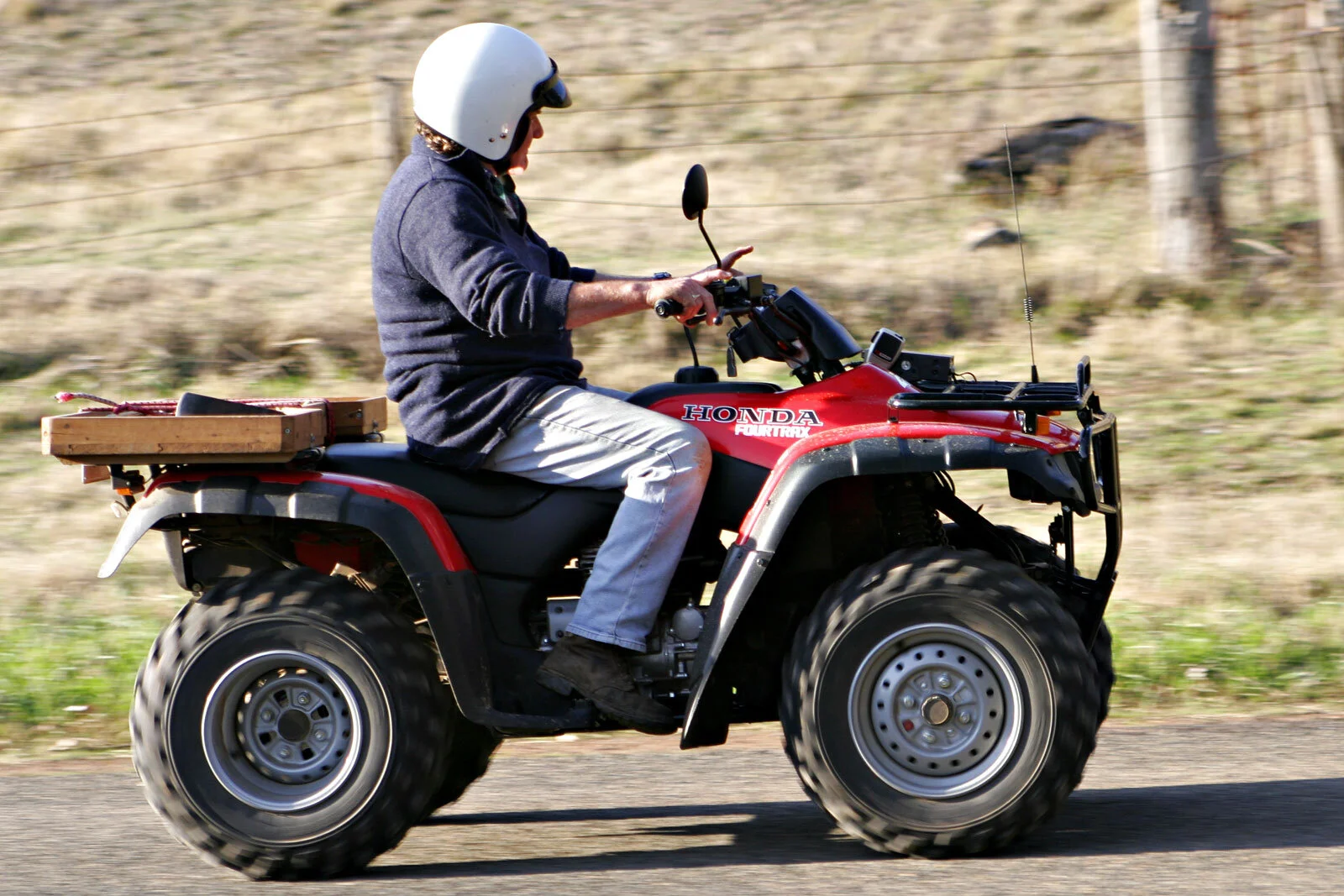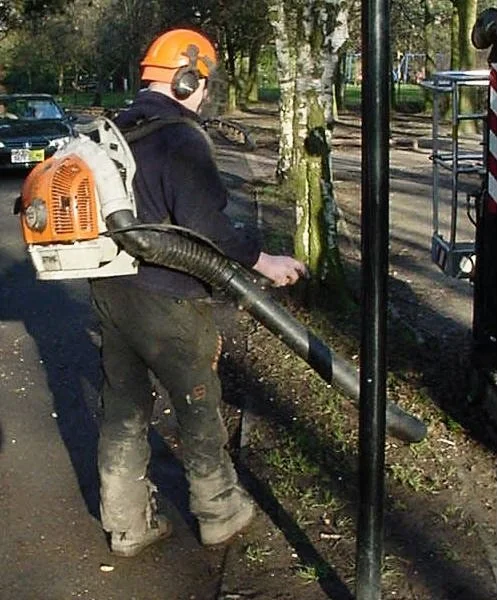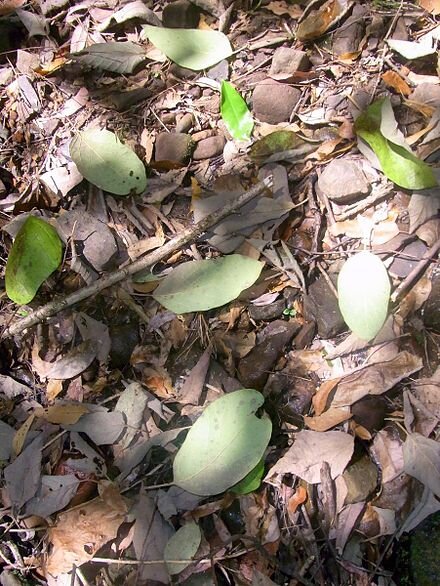
America's culture of cocophany
Paint on a piece of film wrap over a bass speaker playing very loud music.
Adapted from Robert Whitcomb’s “Digital Diary,’’ in GoLocal24.com
America is a noisy place, often painfully so. But many people seem to like that.
The other night, six of us went to a Mexican restaurant in Providence called Dolores. The food was pretty good, though the service was a bit slow because of what appeared to be the staffing shortage that bedevils many restaurants. Always a tough business, but much more so in the Age of COVID.
It was a painful meal for us. The bass-heavy background music made it very arduous to try to hear what people across the table were saying. The next day, our ears still hurt from two hours in the racket.
And yet the place was packed on that Monday evening. You could see customers shouting to each other, but most were smiling. My hunch is that for many people in our culture of cacophony, a noisy place signifies excitement and somehow evokes the happy idea that they’re where the action is – that they’re not missing out.
Since the last two generations have grown up amidst increasing noise – rock music, etc. – that’s more and more difficult to escape – perhaps quiet makes them nervous.
Meanwhile, the gasoline-powered leaf blowers shriek from dawn to dusk, polluting the air and driving away the birds and indeed many walkers who try to avoid the racket, the fumes and the grit by finding other routes. And drugstores have automated bad music.
Local but national, too
Road salt distribution center
Odds and ends from Robert Whitcomb’s “Digital Diary,’’ in GoLocal24.com
Providence and some other communities are dumping far too much salt on some streets, some of which were bright white with it last week, amidst drifts of salt pebbles. This is toxic to plant life and pollutes water supplies. More care, please.
xxx
Is it fair to make teachers at, say, Barrington High School have three COVID shots as a condition of employment while a few dozen students are allowed to attend completely unvaccinated?
While at work, he makes a neighborhood miserable.
Kudos to Rhode Island state Sen. Samuel Zurier, of Providence, for introducing a bill to phase out those shrieking and intensely polluting gasoline-powered leaf blowers that make life miserable for humans and other animals for weeks at a time. They’re often wielded by hard-working illegal aliens with no ear protection working for yard crews. Somehow we survived quite well without them for millennia.
Besides the much quieter electric leaf blowers, there’s that revolutionary device called the rake. A few decades ago, I and other teens made extra spending money raking, lawn mowing and hedge-clipping. Where oh where did those healthy gigs go? Why do so many affluent people feel that they must hire a “landscaping company.’’
Infernal machines
— Photo by fir0002 fl
From Robert Whitcomb’s “Digital Diary,” in GoLocal24.com
A Providence mayoral candidate could get a lot of votes with credible promises for the city to crack down hard on ATV and dirt-bike users. They must be made very scared to ride in the city. The State of Rhode Island, through the State Police and new laws, must also bring much more force to bear against these potentially lethal and out-of-control offenders. Arrest, immediate jail, conviction and a memorable stay in the ACI.
And a candidate could also gain more than a few votes by supporting a ban on gasoline-fueled, shrieking and polluting leaf blowers. It used to be that these infernal devices were mostly confined to blowing fallen leaves into piles to be trucked away in mid and late autumn. Now they’re used year-round to (often pointlessly) blast dust and other debris around, turning the surrounding neighborhoods into dead zones while they work.
Affluent property owners employ yard crews of hard-working illegal aliens (too few of whom are wearing ear protection) to wield these things; I’ve noticed that many of the owners often arrange to be away at their summer or weekend houses when the crews show up.
Save us from leaf-blower misery
From Robert Whitcomb’s “Digital Diary,’’ in GoLocal24.com
Spring and fall are of course the prime seasons for leaf blowers in New England. The gasoline-fueled blowers are monsters, creating explosions of sound and copious pollution and dust. They make life miserable for humans and other animals for blocks around, often for hours at a time, creating dead zones. Some homeowners wield them but those “landscaping’’ firms staffed by our friends from South of the Border, many of them not wearing ear and face protection from the shrieking noise and toxic fumes, are responsible for the lion’s share of the devastation. And some of the leaves end up in the street or in someone else’s property.
Time to ban gasoline-powered leaf blowers; electric ones are much quieter. Then there’s that handy tool called the rake. More reasons to reduce the size of lawns and replace them with much more ecologically friendly ground cover.
Those screaming invaders
Adapted from Robert Whitcomb’s “Digital Diary,’’ in GoLocal24.com
“It’s time to ban leaf blowers. The decibel level is a health hazard. Raking works.’’
Bravo to Richard Goldberg for posting this observation on the Next Door site.
See:
https://nextdoor.com/news_feed/?
For weeks every fall, and then again in the spring, affluent homeowners hire yard crews with screaming, gasoline-powered leaf blowers to make life utterly miserable for their human neighbors, as well as other animal life in the area, for hours a day. These infernal devices also emit copious quantities of air pollution. They’re a menace to health and should have been banned long ago. With so many people now forced to work at home, they’re hurting the health of many more people than ever. (Electric leaf blowers are quieter and don’t emit pollution.)
And we notice that the ears and lungs of many of the workers wielding these monsters aren’t protected. More than a few seem to be illegal aliens, who lack workplace protections. They don’t dare complain.
Hit this link to read a discussion in Newton, Mass., on the general public-health awfulness of gasoline-powered leaf blowers.
Yes, indeed, it’s time to ban gasoline-powered leaf blowers, at least in residential neighborhoods.
Leave fallen leaves
From Robert Whitcomb’s “Digital Diary,’’ in GoLocal24.com
It’s been good to read lately a pushback against the American obsession with lawns, which has been a slow-motion environmental disaster, however pretty they can be. To maintain lawns, as opposed to other ground covers, vast quantities of pesticides and toxic fertilizers are used, polluting bodies of water (and ground water) and killing all sorts of creatures. And the erosion from lawns can be severe.
I particularly think of this now, what with leaves covering lawns and homeowners tempted to get the blowers or rakes going and remove all traces of leaves from their lawns. But in fact, decomposing leaves are good for the soil, including the dirt that grass grows in. They add nitrogen and other important nutrients, keep down weeds and harbor microbes and insects that are good for plants and birds.
Mulch the fallen leaves with a lawn mower if you think that they’re getting too thick. If you have a composter put the excise leaves there or let it decompose in a pile in the corner of your yard.
One very unpleasant aspect of autumn life in areas like ours with lots of falling leaves is when homeowners and/or hard-working yard crews (often illegal immigrants), wield shrieking and heavily polluting leaf blowers to clear their lawns. They often blow the leaves into the street, where they clog drains. Many are blown into piles and then trucked to landfills to take up space at those overloaded sites.
Torture by leaf blower
Adapted from Robert Whitcomb's "Digital Diary,'' in GoLocal24.com:
Localities need to crack down hard on the screeching, polluting use of gasoline-powered leaf blowers that make living in many neighborhoods with lots of trees (which in New England means most neighborhoods) miserable for weeks at time. No wonder people have come to blows over these machines, often wielded by “landscaping companies’’ staffed by illegal aliens.
Their homeowner customers are too lazy to pick up a rake for a little while, or hire a teen to do so, and too self-absorbed to think about the misery that leaf blowers impose on their neighbors. More and more communities are banning these infernal machines. Many more should.
I’ve missed the sweet smell of burning leaves in the late fall, although the banning of leaf-burning was good for public health.



